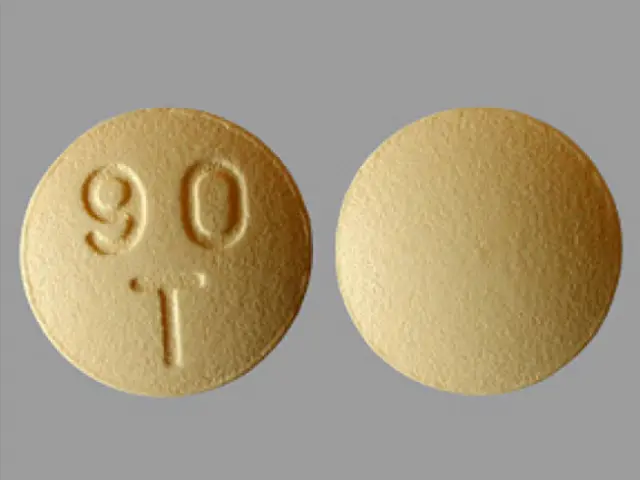Organ donation: should the approach be one of implied consent or explicit consent?
Let's Shed Some Light on Organ Donation:
Have you ever pondered the debate between organ donation policies around the globe? Which system is more effective, opting in or opting out? A British research team, including Prof. Eamonn Ferguson from the University of Nottingham, set out to answer that question by analyzing the donation protocols of 48 nations.
In opt-in systems, individuals must actively sign up to a donor registry, while opt-out systems automatically register potential donors, unless someone requests otherwise before death.
Prof. Ferguson notes that these systems rely on people making an active decision, which can lead to drawbacks like inaction due to loss aversion, effort, or trusting that policy makers have made the "right" choice. This inaction could result in potential donors not donating (false negatives) in opt-in systems or unwilling donors becoming donors (false positives) in opt-out systems.
The United States currently employs an opt-in system, with approximately 28,000 transplants last year thanks to organ donors. Unfortunately, around 18 people die every day due to a lack of donated organs.
The research team compared organ donation systems in 48 countries for 13 years. They discovered that countries with opt-out systems had higher total numbers of kidneys donated – the organ most sought after by those on organ transplant lists. Opt-out systems also had the greatest overall number of organ transplants.
However, opt-in systems had a higher rate of kidney donations from living donors. This influence of policy on living donation rates is a unique finding, according to Prof. Ferguson.
The study had limitations, as it didn't distinguish between varying degrees of opt-out legislation and did not assess other factors influencing organ donation.
The researchers suggest their findings could guide future policy decisions, but recommend the systematic collection and public disclosure of international organ donation information (e.g., consent type, procurement procedures, hospital bed availability) to strengthen their conclusions.
Prof. Ferguson proposes future studies that delve into the perspectives of individuals who decide to opt in or opt out, using surveys and experimental methods to gain a deeper understanding of the impact of consent legislation on organ donation and transplantation rates.
Despite higher rates in countries with opt-out systems, organ donation shortages persist. Changing the consent system may not solve this problem entirely. Instead, consent legislation or adopting elements of the "Spanish Model" could help improve donor rates.
Spain boasts the highest organ donation rate globally, with its success attributed to a transplant coordination network, improved public information about organ donation, and the like.
Recently, we've been thinking about a radical solution to the organ shortage: farming animal organs for human transplants. Could this be a viable option, or should we focus on improving organ donation policies?
Written by James McIntosh
Brief Insights:
- Opt-out systems usually result in higher organ donation rates compared to opt-in systems.
- Opt-out systems assume consent from individuals unless they explicitly opt out, while opt-in systems require active registration.
- Prof. Ferguson's team's study found that opt-out systems had higher total numbers of kidneys donated and overall organ transplants. Opt-in systems had a higher rate of kidney donations from living donors.
- The study found that changing the consent system may not solve organ donation shortages, but implementing consent legislation or aspects of the "Spanish Model" could help boost donor rates.
- Spain's success in organ donation is due to factors like a transplant coordination network, improved public information, and increased quality of information about organ donation.
- A recent study suggests that policy changes could influence organ donation rates, with opt-out systems generally resulting in higher organ donation rates compared to opt-in systems.
- The study found that opt-out systems, such as those in Spain, have higher total numbers of kidneys donated and overall organ transplants, while opt-in systems have a higher rate of kidney donations from living donors.
- While opt-out systems may seem more effective, Prof. Ferguson emphasizes the need for systematic collection and public disclosure of international organ donation information to strengthen the conclusions reached in the study.
- Some researchers propose looking beyond traditional organ donation policies and considering alternatives, such as farming animal organs for human transplants, as a potential solution to the persistent organ donation shortage.
- In the realm of health-and-wellness, medical-conditions, policy-and-legislation, and even politics, it is essential to consider diverse perspectives, including contextual factors and retargeting strategies to optimize organ donation rates and address the general-news concern of organ shortage.








